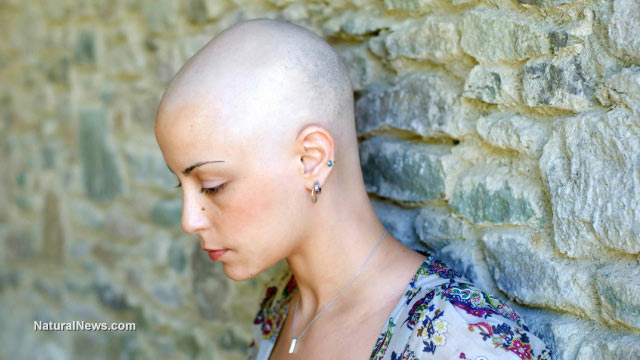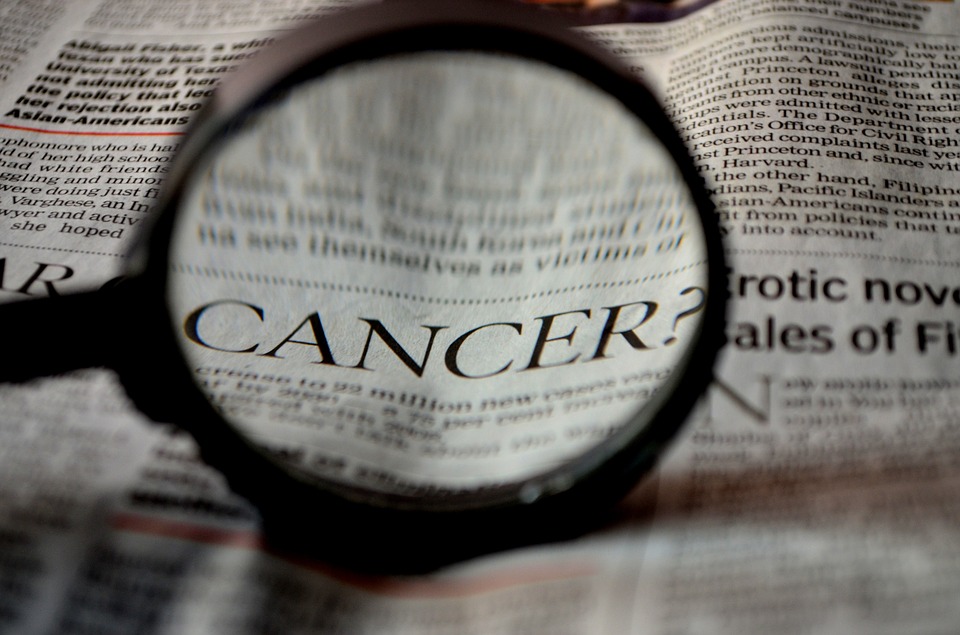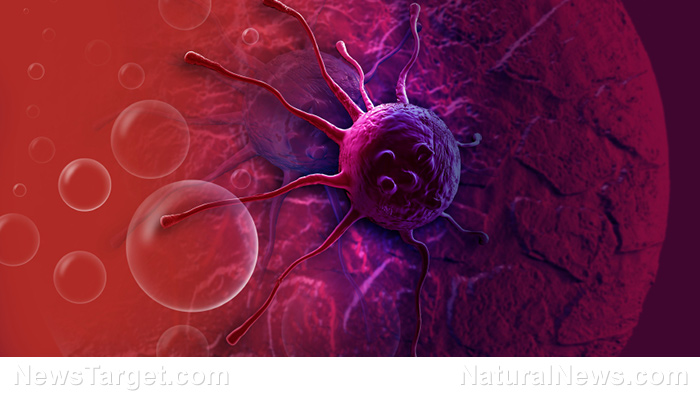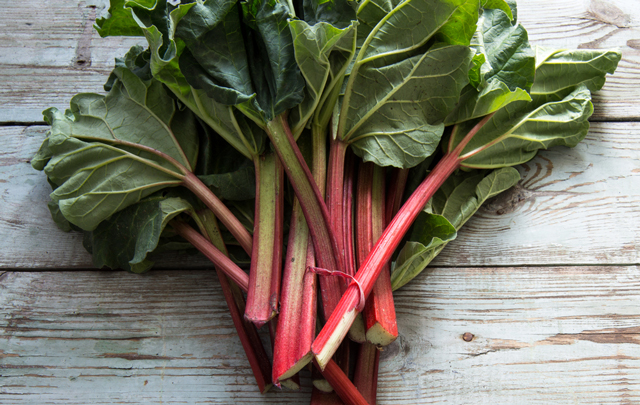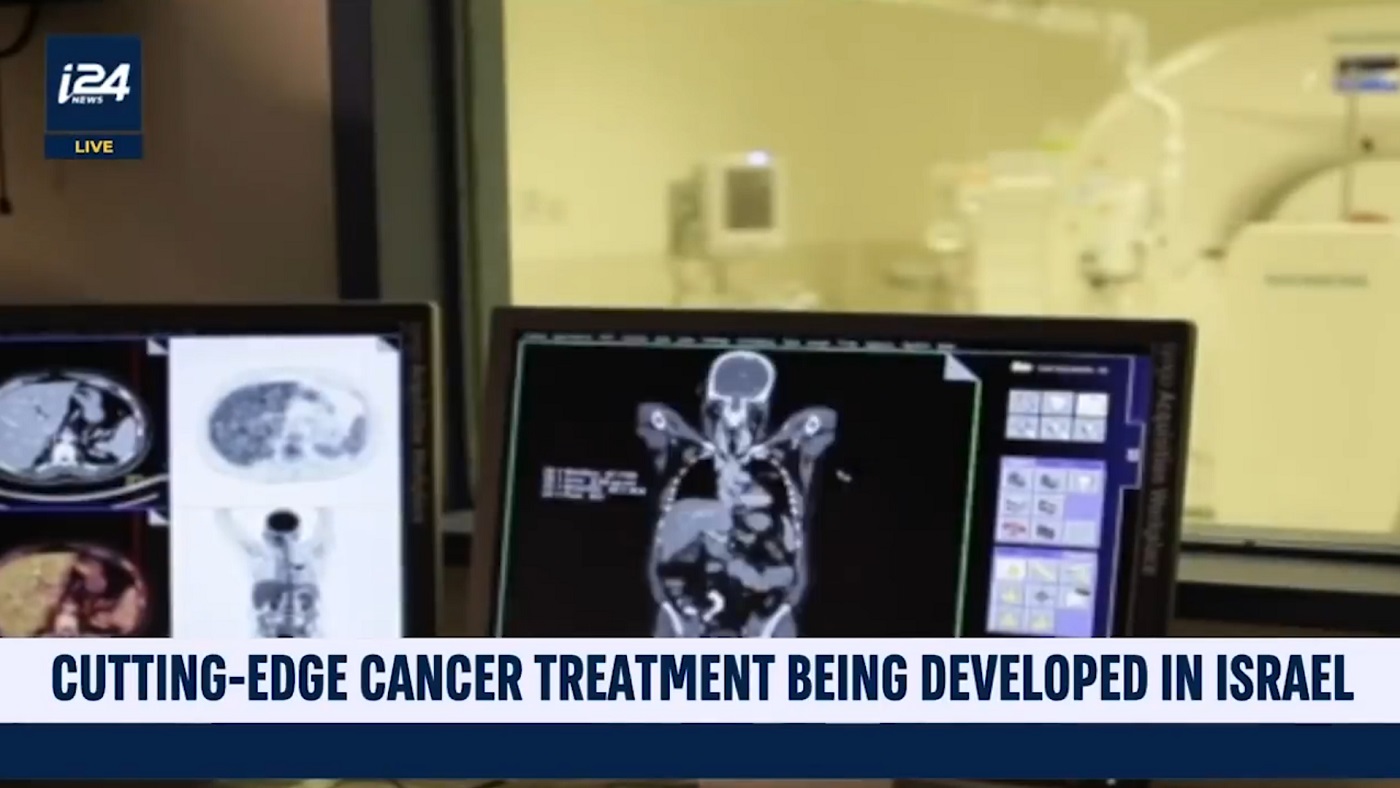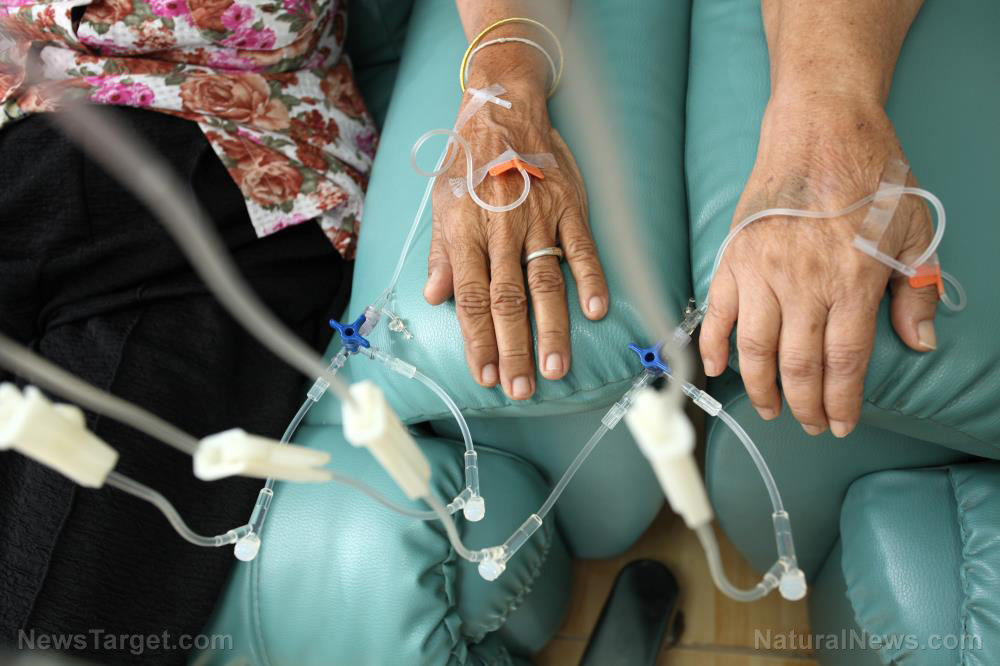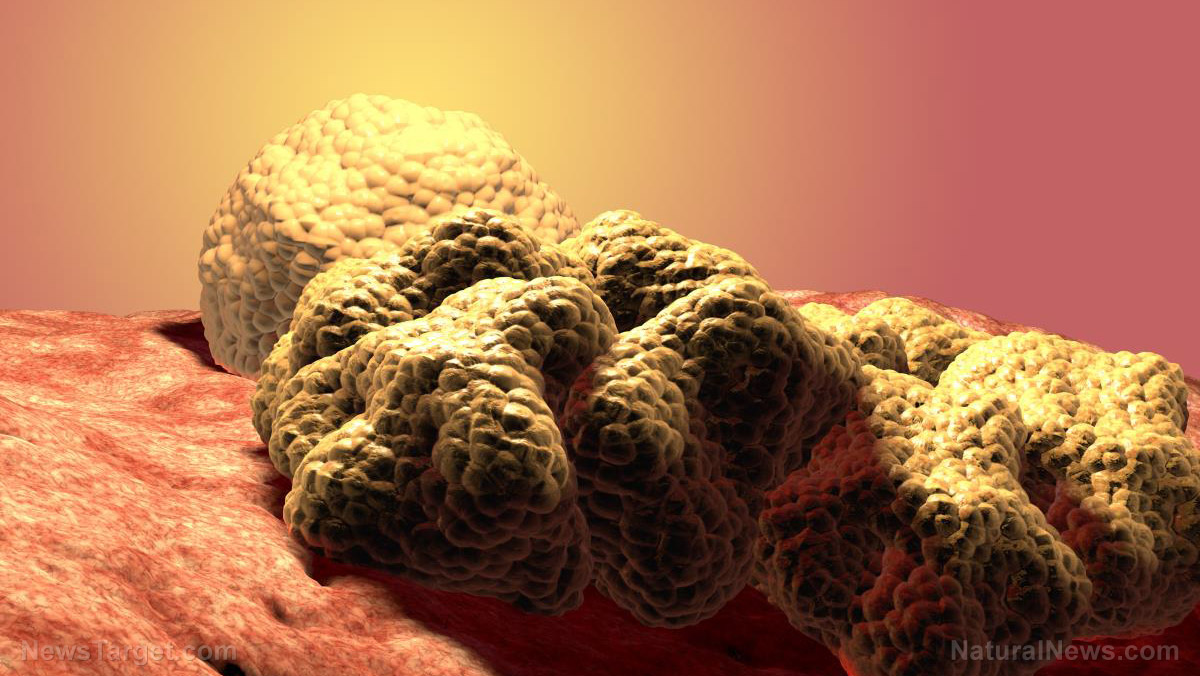First ever study looks at the potential of eugenol (found in honey) for treating triple negative breast cancer
02/24/2019 / By Ellaine Castillo

Breast cancer is becoming more and more prevalent not just in women but also in men. This is a major health concern because of the high mortality risk associated with this disease. Although there are conventional treatments for breast cancer, these are often ineffective and are associated with adverse side effects. Because of this, scientists continue to explore natural agents that work against breast cancer without causing complications. In a study by King Saud University and Cairo University, they found that eugenol has potential use as a natural remedy against triple negative breast cancer.
There are different types of breast cancer based on biological characteristics or gene expression patterns. One of these is triple negative breast cancer, which is characterized by the lack of progesterone receptor (PR), estrogen receptor (ER), and human epidermal growth factor receptor-2 (HER-2). Compared to other types of breast cancer, it often results in poorer outcomes. Additionally, the absence of commonly targeted receptors in triple negative breast cancer cells makes it more difficult to treat.
Most mortality cases in breast cancer patients can be attributed to the metastasis of cancerous cells. This is possible with the help of molecules like matrix metalloproteinases (MMPs), which induce changes in the microenvironment. MMPs play different roles in different cancer stages. Many breast cancer patients have elevated levels of MMP2 and MMP9. These molecules are involved in the formation of new blood vessels in tumors. Moreover, these are associated with shorter periods of relapse-free survival.
Eugenol is a phenolic compound found in honey and the essential oils of aromatic spices like cloves and cinnamon. Previous studies have shown that it has potent antiseptic, analgesic, anti-inflammatory, antimicrobial, and antioxidant properties. It also works against colon, liver, prostate, and breast cancer by inhibiting cell growth, triggering cell death, and preventing the formation of new blood vessels. However, there are no prior reports of eugenol’s effects on triple negative breast cancer cells.
In this study, which was published in BMC Complementary and Alternative Medicine, the researchers evaluated the in vitro effects of eugenol on the growth, metastasis, and apoptosis or programmed cell death of triple-negative breast cancer cells (MDA-MB-231). They also tested it against HER-2-positive breast cancer, an aggressive form of breast cancer characterized by high levels of HER-2. To determine the effects of eugenol on metastasis, the team evaluated the expression levels of MMP2 and MMP9, as well as an MMP inhibitor. Meanwhile, the degree of apoptosis was based on the expression of caspases, which are genes involved in apoptosis.
The results of the study showed that eugenol inhibited the proliferation of triple negative and HER-2-positive breast cancer cells by up to 76.4 and 68.1 percent, respectively. The eugenol-treated cells also exhibited significant reductions in MMP2 and MMP9 while their expression of pro-apoptotic genes increased.
Overall, the results of this study suggest that eugenol has potential as a natural remedy for triple negative breast cancer, as well as HER-2-positive breast cancer. This is based on the potent anti-proliferative and anti-metastatic properties that it exhibited in vitro.
Other natural remedies against triple negative breast cancer
The following bioactive compounds also have beneficial effects against triple negative breast cancer:
- Vitamin D — Triple negative breast cancer is often associated with mutations in the breast cancer gene (BRCA1), which stimulates rapid tumor growth. Fortunately, the pathway involved in this action can be inhibited by vitamin D. You can get this nutrient by getting some sun exposure or increasing your intake of fatty fish, egg yolks, and mushrooms.
- Indole-3-carbinol — A study from the University of California, Los Angeles (UCLA) showed that indole-3-carbinol inhibits an enzyme that’s crucial for the rapid growth of breast cancer cells. To get more of this nutrient, increase your intake of broccoli, kale, cauliflower, and other cruciferous vegetables.
- Curcumin — Curcumin, which is the active compound in turmeric, is known for its extensive effects against different cancer processes in different forms of cancers. (Related: Curcumin targets aggressive and lethal forms of cancer while leaving noncancerous cells unharmed.)
If you’d like to read more news articles on natural remedies for cancer, visit Anticancer.news.
Sources include:
Tagged Under: alternative medicine, anti-metastatic, anti-proliferative, anticancer, bioactive compounds, breast cancer, Cancer Cells, Cytotoxicity, essential oils, eugenol, human epidermal growth factor receptor-2-positive breast cancer, natural cure, natural medicine, natural remedies, Natural Treatments, Naturopathy, Oncology, phenolic compounds, phytochemicals, research, triple negative breast cancer, tumors


